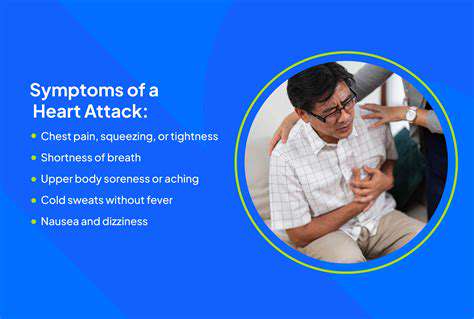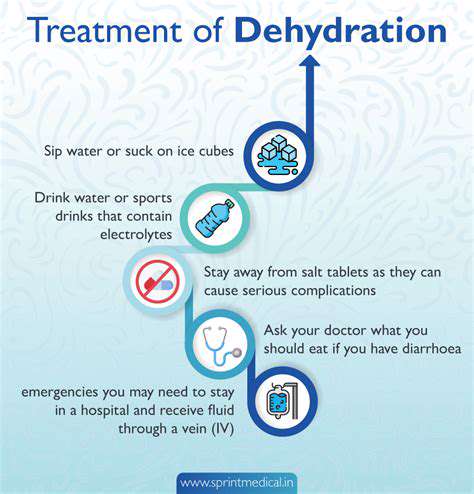Severe Headaches: Causes, Symptoms, and Effective Treatments
Common Causes of Severe Headaches
Medical Conditions Associated with Severe Headaches
There are several medical conditions that can lead to severe headaches. Migraines are one of the most prevalent types, often characterized by pulsating pain, nausea, and sensitivity to light and sound. These intense headaches can last for hours or even days, and they may be preceded by warning signs known as aura.
Another common condition is cluster headaches, which are less frequent but extremely painful. These headaches typically occur in cycles or clusters, appearing at the same time daily for a period of weeks or months. The pain is usually centered around one eye and can be accompanied by nasal congestion or tearing in the affected eye.
Lifestyle Factors Contributing to Severe Headaches
Various lifestyle factors can also trigger severe headaches. Poor hydration, for instance, can lead to tension headaches, as dehydration may affect the balance of fluids in the body. To prevent headaches, it is essential to drink adequate water throughout the day, particularly in hot climates or during intense physical activity.
Stress is another significant contributor to headache occurrence. High-stress levels can lead to tension headaches, where the muscles in the neck and head become tight and sore. Practicing stress management techniques such as mindfulness, yoga, or regular exercise can significantly reduce the frequency and severity of headaches.
Symptoms to Watch For

Primary Symptoms
The primary symptoms of a severe headache can vary from person to person, but some common signs include:
Persistent and recurring pain on one side of the head.
Feeling sensitive to light and sound, which can make everyday activities challenging.
A throbbing or pulsating sensation in the head, which can be exacerbated by physical activity or changes in weather.
Secondary Symptoms
In addition to the primary symptoms, there are several secondary symptoms to watch for:
Confusion, disorientation, and difficulty concentrating, which can be indicative of a more severe underlying condition.
Nausea and vomiting, which can lead to dehydration and electrolyte imbalances.
Changes in vision, such as blurred vision, double vision, or loss of peripheral vision.
Effective Treatments for Severe Headaches
Over-the-Counter Medications
Over-the-counter (OTC) medications are often the first line of defense for individuals experiencing severe headaches. Common analgesics such as ibuprofen, acetaminophen, and aspirin can provide effective relief. These medications work by reducing inflammation and blocking pain signals in the brain.
It's important to follow the recommended dosage on the packaging to avoid potential side effects or complications. If headaches persist, consulting with a healthcare provider is advisable to explore more tailored treatment options.
Prescription Medications
For those who suffer from chronic or severe headaches that do not respond to OTC medications, prescription drugs may be necessary. Triptans, for instance, are often prescribed for migraines as they can effectively constrict blood vessels and relieve headache symptoms.
Additionally, preventive medications such as beta-blockers, antidepressants, and anticonvulsants can be prescribed to reduce the frequency and intensity of headaches. It's crucial to discuss the potential benefits and side effects of these medications with a healthcare professional.
Lifestyle Modifications
Implementing lifestyle changes can significantly help in managing and reducing the frequency of severe headaches. Regular exercise, maintaining proper hydration, and ensuring a balanced diet can contribute to overall well-being and lessen headache occurrences.
Tracking headache triggers in a diary can also provide valuable insights, allowing individuals to adjust their routines to avoid certain foods, stressors, or environmental factors that may lead to headaches.
Alternative Therapies and Home Remedies
In addition to traditional treatments, some individuals find relief through alternative therapies such as acupuncture, chiropractic care, and massage. These holistic approaches can alleviate tension and improve circulation, which may in turn lessen headache severity.
Home remedies, such as applying a cold or warm compress to the head, practicing relaxation techniques, and ensuring adequate sleep, can also provide comfort and reduce the impact of severe headaches. It's beneficial to explore these options in conjunction with professional medical advice.


